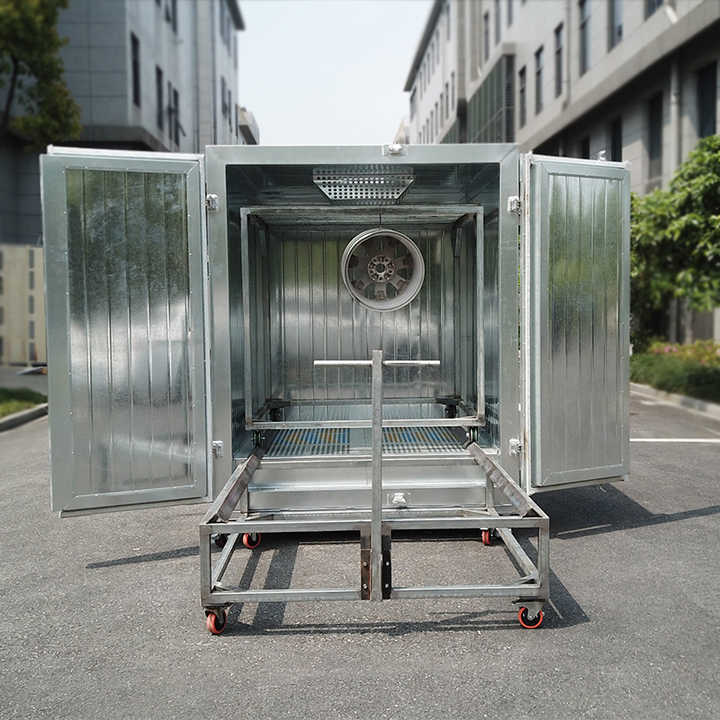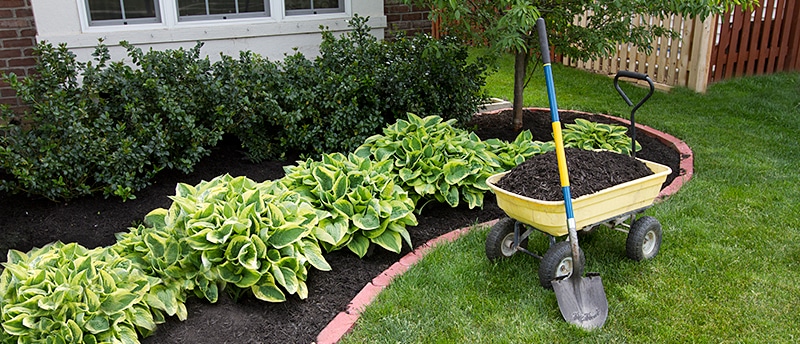Tackling a home improvement project can be satisfying, but not all tasks are as straightforward as they seem. Garage floor coating might look like a weekend DIY job, but the process demands more skill and precision than most people anticipate. In Huntsville Alabama, with its unique climate and humidity, skipping professional help can lead to costly mistakes and disappointing results. Here’s what you risk when you choose to DIY your garage floor coating instead of hiring experts.
Uneven Application Leading to Weak and Inconsistent Coverage
One of the most common pitfalls of DIY garage floor coating is achieving an even application. At first glance, it might seem simple to spread the coating across the surface, but ensuring consistent thickness across the entire floor requires a trained hand and a strategic approach. Uneven layers can lead to weak spots that won’t stand up to the daily wear and tear of a functioning garage.
In Huntsville Alabama, where weather fluctuations can affect curing times and material behavior, uneven application becomes even riskier. Thick spots may take longer to cure, while thin areas remain vulnerable to cracks or chips. This inconsistency reduces the durability of the coating, leaving you with a floor that doesn’t last as long as you’d hoped.
Poor Surface Preparation Causing Peeling and Premature Failure
Preparation is everything when it comes to a quality garage floor coating, but it’s also the step most often rushed or skipped during DIY attempts. The surface must be thoroughly cleaned, degreased, and etched to create a texture that allows the coating to adhere properly. Miss any of these steps, and you’ll likely see peeling and flaking sooner than you expect.
Where garages often double as storage spaces for tools and vehicles, it’s easy to overlook areas contaminated with oil stains or dirt. Even a small patch of unprepared concrete can cause the coating to lift over time, leaving an unsightly and uneven surface.
Limited Durability from Using Lower-quality Diy Coating Materials
Many DIY garage floor coating kits promise professional results at a fraction of the cost, but they often fall short in quality. These kits typically include materials that lack the durability of industrial-grade coatings used by professionals. Over time, these lower-quality products can wear down, especially under heavy vehicles or frequent foot traffic.
Temperature swings can put extra stress on garage floors, and using subpar materials only accelerates the deterioration process. Cracks, chips, and discoloration can appear within months, forcing you to redo the project sooner than anticipated. Investing in a professional garage floor coating might seem more expensive upfront, but it saves money and effort in the long run.
Inadequate Curing Times Resulting in a Substandard Finish
Curing is a critical step in the garage floor coating process, but DIYers often underestimate how long it takes for the coating to fully harden. Rushing this step can result in a soft, uneven finish that doesn’t hold up under pressure. You might feel tempted to park your car or use the garage sooner than recommended, but this impatience can compromise the entire project.
The humidity levels in Huntsville Alabama can also influence curing times, making it tricky for DIYers to get the timing right. Without proper curing, the coating remains vulnerable to scratches, dents, and peeling, reducing its overall lifespan.
Lack of Proper Tools Leading to Visible Imperfections and Air Bubbles
Applying garage floor coating requires more than just a paint roller and some elbow grease. Without the right tools, DIY applications often end up with air bubbles, streaks, or visible roller marks. These imperfections not only detract from the appearance but can also weaken the coating, making it prone to wear and tear.
Garages are often used as multi-purpose spaces, and a poorly applied coating can become a constant eyesore. Air bubbles or streaks can also create pockets where moisture or debris collects, further compromising the integrity of the floor. Professional installers use specialized tools like spiked rollers and squeegees to achieve a smooth, flawless finish.
Missed Opportunities to Address Underlying Cracks or Moisture Issues
Garage floors are often more damaged than they appear. Cracks, uneven areas, or moisture seeping through the concrete can all affect the performance of a garage floor coating. DIYers might miss these underlying problems, applying a coating that temporarily masks the issue but doesn’t resolve it.
The local climate can exacerbate these issues, leading to premature failure of the coating. Moisture trapped beneath the surface, for instance, can cause bubbling or peeling over time, while untreated cracks can expand and compromise the structural integrity of the floor.
Professionals don’t just apply the coating—they inspect and repair the surface beforehand. They address cracks, moisture issues, and other concerns, ensuring the coating adheres properly and lasts longer. This thorough approach prevents costly repairs and reapplications in the future.

:max_bytes(150000):strip_icc()/27372_LBurton_101822_05-4648d290e31e4097823387ecebc4f280.jpg)







